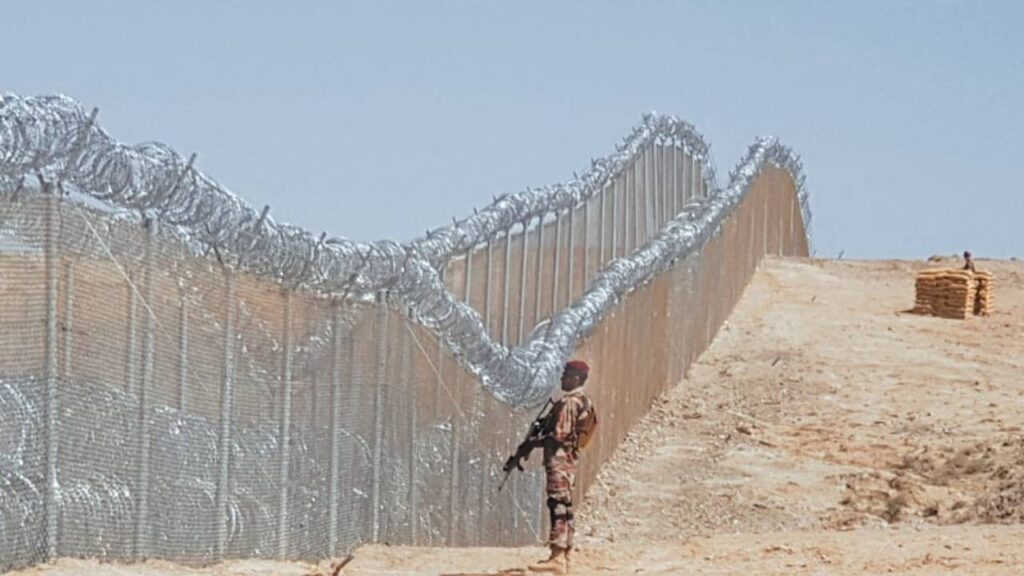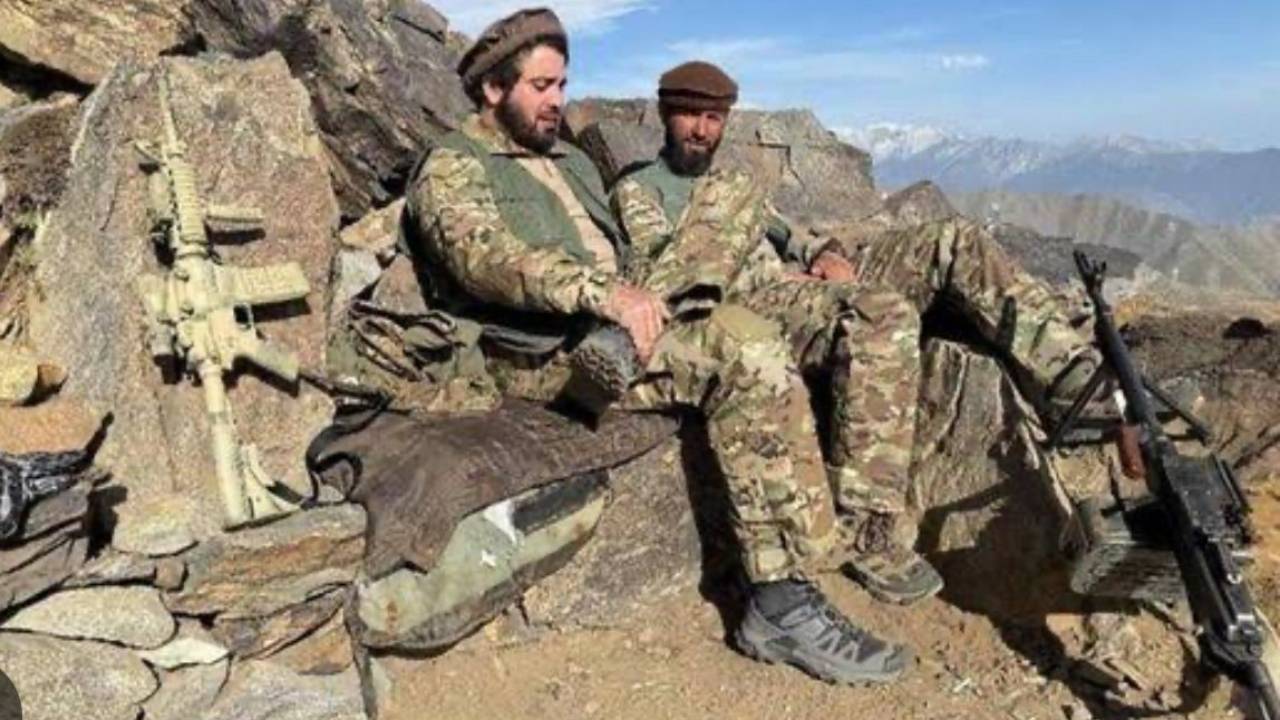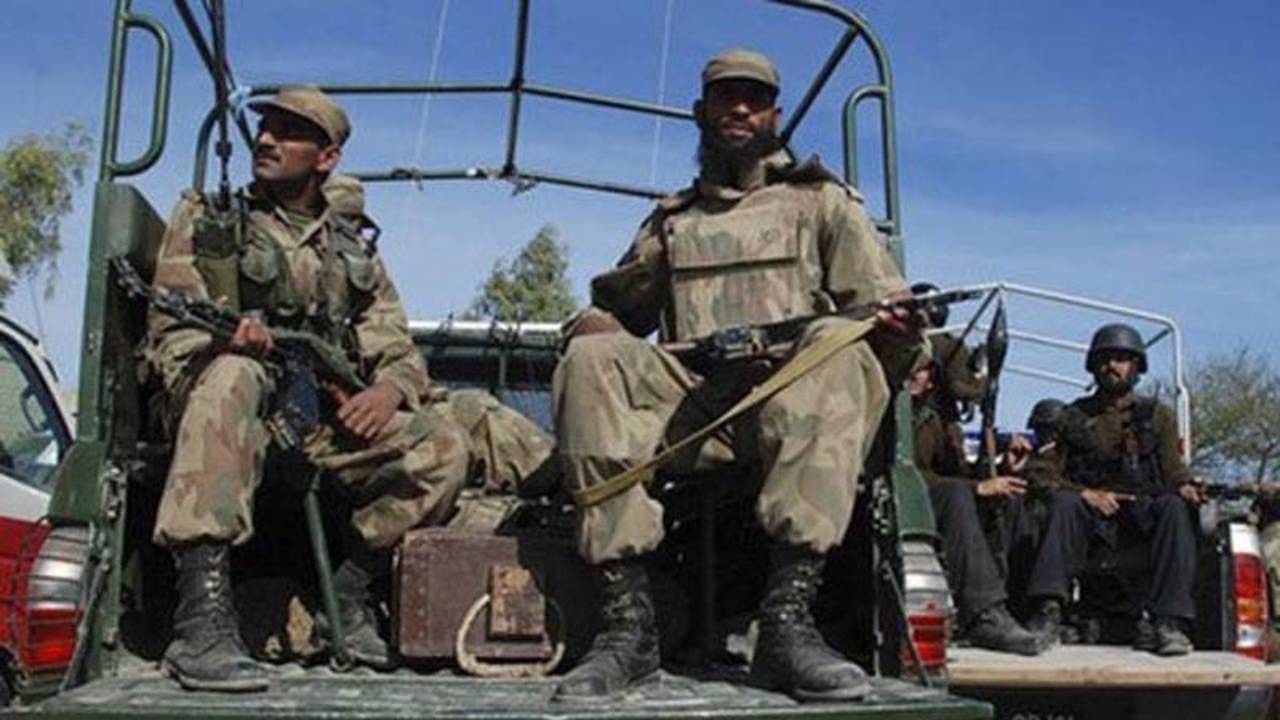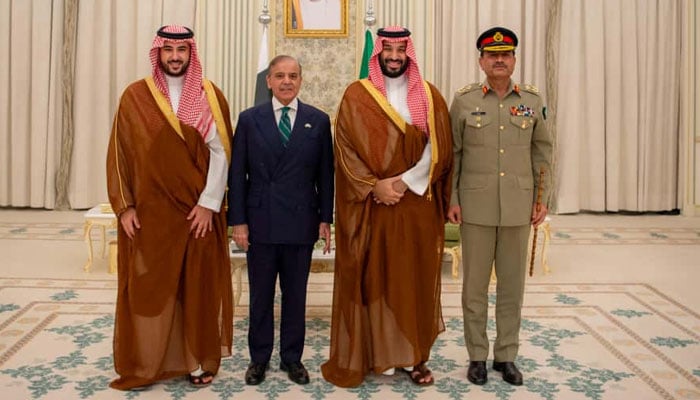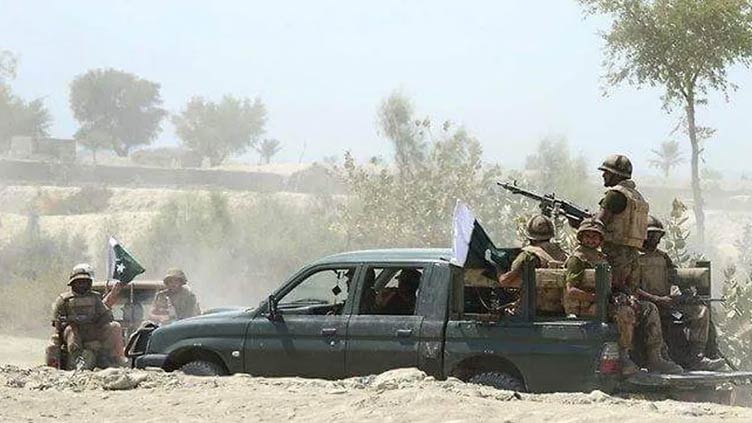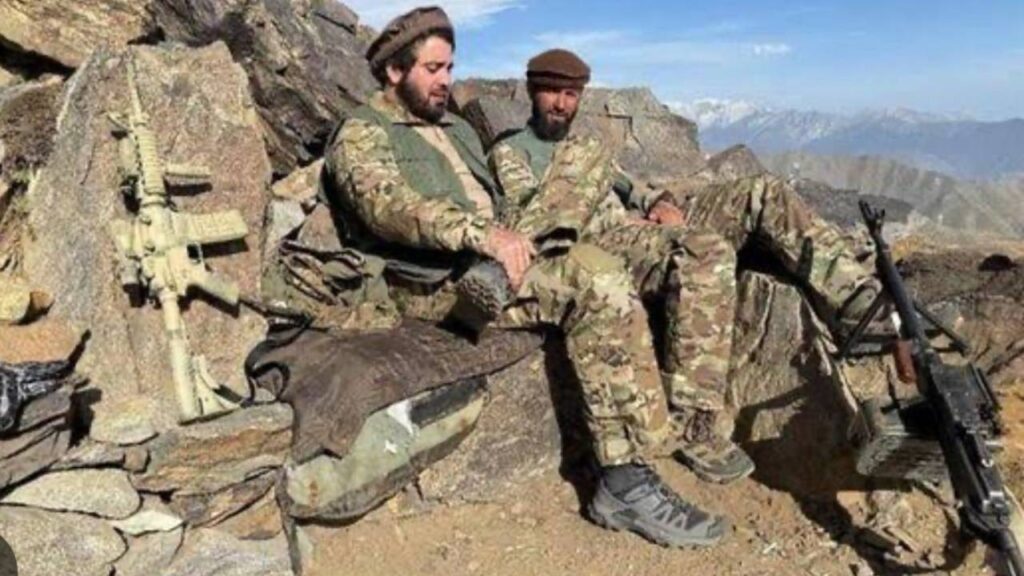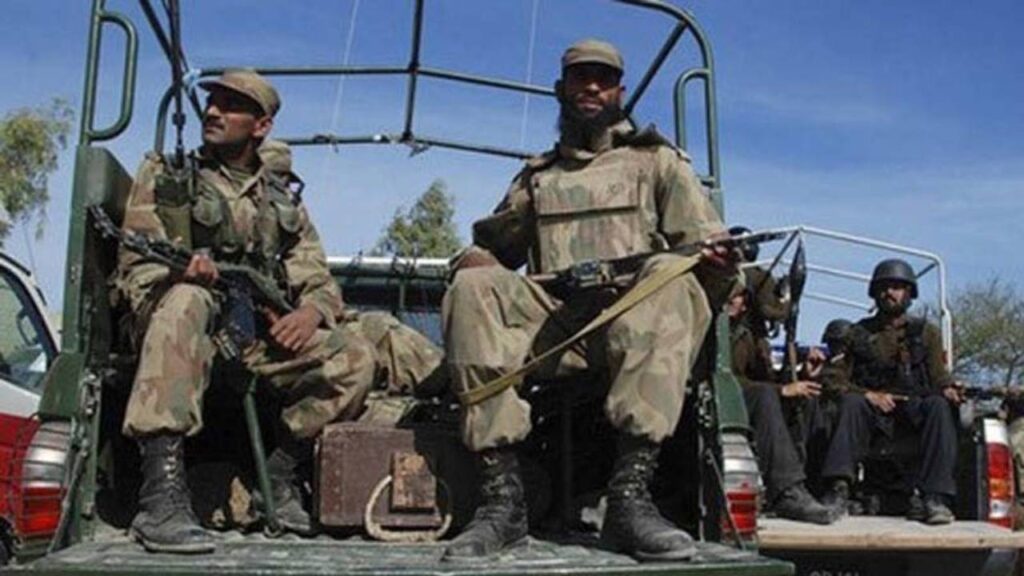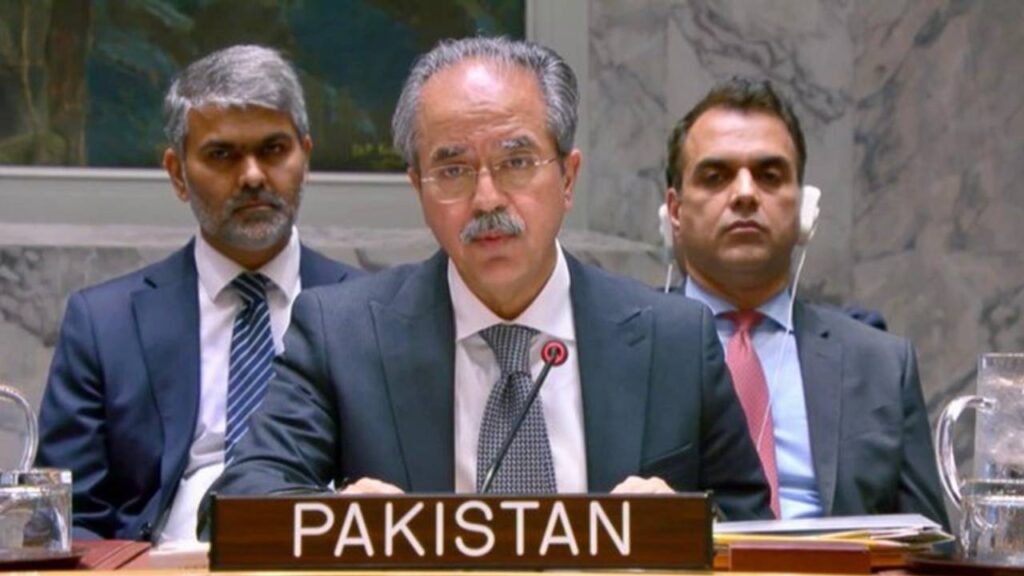by Riaz Hussain
Fresh counter-terrorism operations across Malakand, Bajaur, Zhob, North Waziristan, and other tribal districts have once again exposed the operational link between the banned Tehreek-e-Taliban Pakistan (TTP) and elements of the Afghan Taliban. Security officials confirm that Afghan territory continues to provide safe havens for recruitment, training, and launching cross-border attacks into Pakistan.
Journalist Taimur Khan told Khabar Kada that the use of Afghan soil by militants constitutes a clear violation of the Doha Agreement (2020). He noted that even the Taliban leadership indirectly acknowledged the issue, with the Emir recently issuing a fatwa prohibiting jihad in any country without government approval. Khan added that in the recent China–Pakistan–Afghanistan dialogue, Beijing pressed Kabul to address Pakistan’s concerns. He further warned that August 2025 was the deadliest month so far, recording 556 TTP-led attacks, with factions such as the Hafiz Gul Bahadur group posing grave risks to regional stability.
Pakistan has repeatedly accused Kabul of turning a blind eye to militant sanctuaries across the border, pointing to a surge in violence in Khyber Pakhtunkhwa and Balochistan. The Afghan Taliban government, however, rejects these claims, insisting it remains committed to the Doha Agreement and its pledge after August 2021 that Afghan soil would not be used for terrorism. Kabul maintains Pakistan’s challenges are largely internal, urging cooperation rather than blame.
Operational Findings (April–September 2025)
According to security sources, recent operations revealed that 500–600 former Taliban fighters, once aligned against ISAF, are now being encouraged by Afghan warlords to rejoin TTP factions. Nearly 150 Afghan-linked militants were killed during the past five months.
North Waziristan (25–28 April): 71 Afghan-based terrorists killed, including 54 in a single clash.
Bajaur – Operation Sarbakaf (29–31 July): 7 TTP members killed; 3 soldiers martyred; 11 militants injured, including 4 Afghan nationals.
Malakand (16–20 July): 9 terrorists killed; Afghan operatives captured; 2 hideouts destroyed.
Zhob, Balochistan (7–10 August): 50 Afghan militants killed; 90% confirmed Afghan nationals; bodies shifted to Paktika.
Upper Dir (26 August): Nine TTP killed; 10 policemen injured; 2 civilians martyred.
Bannu (2 September): 6 soldiers martyred; 5 militants killed, including an Afghan suicide bomber from Paktika.
Sarwakai, Upper South Waziristan (7 September): 7 terrorists killed, including Afghan drone expert Noor Muhammad.
Loi Mamund, Bajaur (7 September): 2 terrorists killed, 3 injured, including Afghan national Ahmad from Logar.
Journalist Shahab Ullah, who specializes in Afghanistan-related reporting, told Khabar Kada that the TTP cannot match Pakistan’s security forces alone and often enlists support from local sympathizers in tribal areas. He revealed that in Lower Dir and Bajaur, bodies of Afghan fighters were recently exchanged, proving their direct involvement. He also cautioned that in Balochistan, a nexus of the Balochistan Liberation Army (BLA), TTP, and Afghan militants is emerging, collectively targeting security forces.
Diplomatic Pressure
On August 20 2025, Pakistan’s Ambassador to the United Nations presented a detailed report highlighting Afghan-based sanctuaries as a global threat. Islamabad warned that confirmed Afghan involvement in operations underscores a growing TTP–Afghan Taliban alignment, raising alarms internationally. Despite recent trilateral dialogues with China and Afghanistan, cross-border militancy continues to escalate, threatening regional peace, integration, and economic development.
Background
Under the Doha Agreement (2020), the Afghan Taliban pledged that Afghanistan would not harbor or support terrorist groups. After seizing Kabul on August 15, 2021, Taliban leaders repeated this commitment to the U.S. and regional neighbours. However, Pakistan’s operations in 2024–2025 have cast serious doubts on these assurances, with mounting evidence of Afghan fighters involved in cross-border terrorism. Kabul continues to deny these allegations, maintaining its official stance of neutrality.

